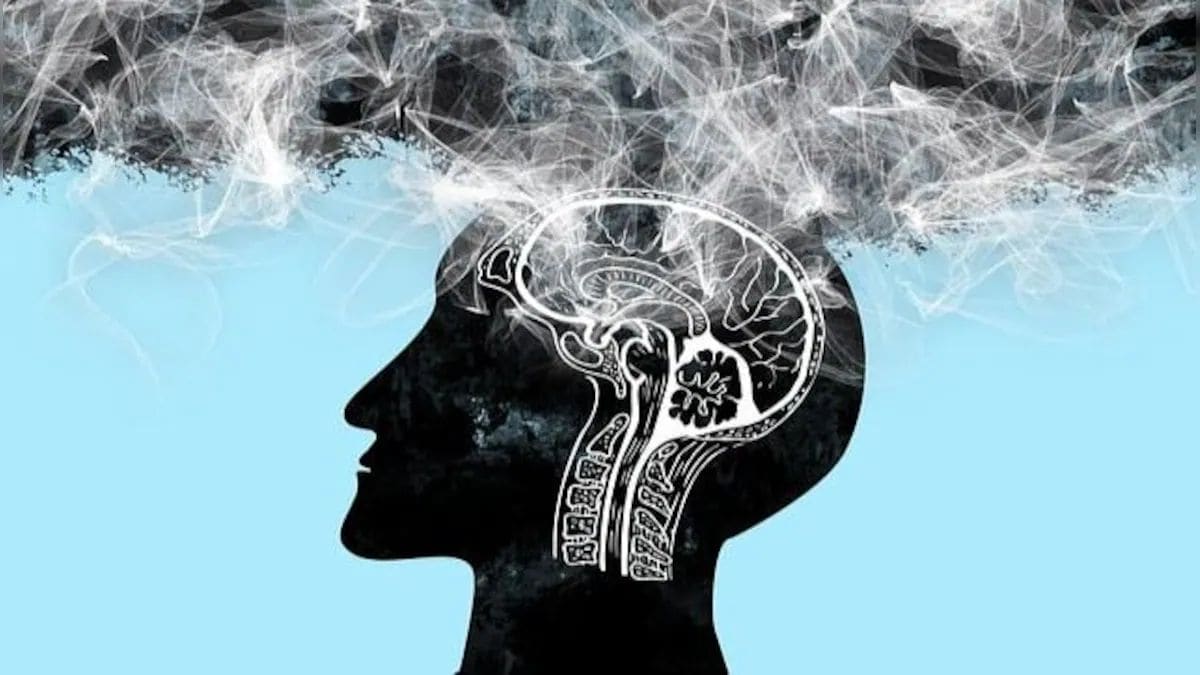Right and wrong. The combination is as familiar as peanut butter-and-jelly, and just like the spreads in that classic sandwich, they are hopelessly smeared together in us. Why? Christians believe people once lived in a state of harmony with God and each other but fell from that state.
What caused the fall? Some mistakenly claim it had to do with sex. Others say it’s because we ate from the tree of knowledge so our developing intellect was the cause. But this is a misquote.

Genesis tells us people ate from the tree of the knowledge of good and evil (Genesis 2:16-17). This made us a hopeless mix of the two; this Jekyll and Hyde hybrid led to the individual and social wreckage we live with every day. It is easy to lay the world’s problems at the feet of evil.
We can see the destruction caused by addiction, cheating on someone, murder, Ponzi schemes, and a host of other crimes. However, what we think is right can be more dangerous. A man who straps explosives to his body and detonates himself in a cafe doesn’t do this because he thinks it’s wrong.
He does it because he thinks it’s right. When Chance Brannon hurled a Molotov cocktail at a Planned Parenthood last year, he did it because he was convinced it was the right thing to do. Our political atmosphere is bitter and abusive, not because people are trying to misbehave, but because both sides are inflamed by the belief they are right.
When we’re tempted to something wrong, we might struggle with it and moderate our behavior. A shoplifter might have something halfway into his coat pocket when he decides to put it back on the shelf. A married man might decline an invitation to have drinks with that attractive co-worker (though he might want to).
When I believe I’m right, there is less reason to restrain my behavior. In fact, I might believe destroying a confederate statue is a moral imperative. I might have no qualms about storming the senate chambers in Washington, DC.
I might feel it is my divine duty to fly a plane into the World Trade Center. The knowledge of good and evil is a trap as circular as the Yin-Yang. It cannot save us, and living by it will only add to the centuries of tragedy we call history.
What’s the alternative? Scripture says Jesus had no sin yet became sin for us (2 Corinthians 5:21). When He died on the cross, sin died with Him. In the garden of Gethsemane, Jesus was in emotional agony — and sweating blood — as He contemplated dying by crucifixion the next day.
He prayed what I believe is the most important prayer in the Bible: “Not what I want, but what you want, Father” (Luke 22:39-44). Based on right and wrong, Jesus could’ve levied any number of arguments against dying for us. “I’m sinless.
It’s wrong for me to die instead of people who deserve to die for their wrongdoing.” “I’m in the right, here. Treating me this way is unfair, abusive, and wrong.
” We can imagine endless variations of these examples. But no such arguments crossed His lips. And when Jesus was on the cross, hemorrhaging blood and slowly suffocating, He said, “Father, forgive them; they do not know what they are doing” (Luke 23:34).
Jesus stepped out of the tail-chasing futility that has controlled us since the fall; He lived beyond right and wrong. The way out for us is to live by Jesus, not right and wrong. Jesus invites us into union with Him: “Live in me, and I will live in you” (John 15:4).
As Jesus lives within, He will live, not for what He wants, but for what God wants. He will lead us in rhythms beyond right and wrong, into self-giving, forgiveness, and freedom. Teague McKamey lives in Ellensburg with his wife and two children.
He is an Elder at Thorp Community Church and blogs at thevoiceofone.org ..

















